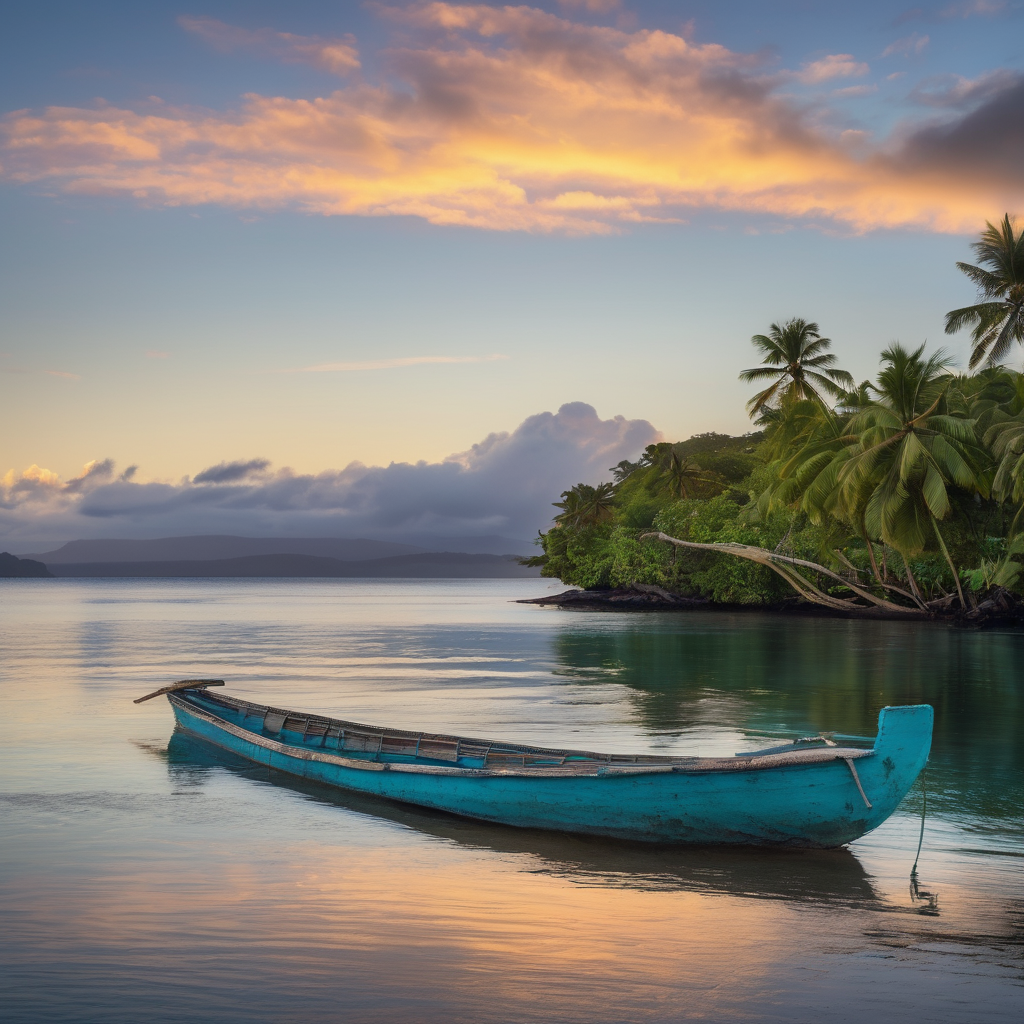Prime Minister Sitiveni Rabuka has reinforced Fiji’s role as a leader in global ocean governance during a High Seas Treaty roundtable held in New York. Addressing the event organized by Bloomberg Philanthropies, Rabuka emphasized the need for reinforced collaboration among coastal states to implement the Biodiversity Beyond National Jurisdiction (BBNJ) Treaty, which Fiji ratified in June. The treaty, which has since come into force, is seen as a significant framework for preserving marine biodiversity.
Fiji has outlined ambitious goals through its National Ocean Policy, which aims to manage all of its ocean territories and establish 30% as marine protected areas by 2030. The Prime Minister underscored the significance of an inclusive approach to ocean conservation, welcoming the involvement of indigenous and local communities, faith-based organizations, scientific bodies, and political entities in these vital efforts.
Currently, the country has over 400 Locally-Managed Marine Areas, highlighting the active role of Fijian communities in sustainable marine management. Rabuka further stressed the importance of marine scientific research in enabling data-driven decision-making, while noting that the BBNJ Treaty ensures fair access and ownership of marine data.
Rabuka concluded his remarks by referencing the Pacific Ocean of Peace Declaration, a regional commitment to safeguard oceans through cooperative and eco-friendly practices, crucial for Small Island Developing States. This declaration, along with regional alignments seen in countries like Samoa and others in the Pacific, marks a unified regional endeavor to enhance ocean governance amidst rising challenges of climate change, pollution, and overfishing.
The Prime Minister’s statements echo a broader narrative seen in recent months, where Fiji has positioned itself as a forerunner in advocating for and implementing international marine conservation agreements. This effort is not only pivotal for Fiji’s national interests but also serves as a beacon of leadership for smaller nations in the global arena, particularly in addressing the shared maritime challenges of high seas governance.
Fiji’s proactive engagement exemplifies how pivotal acts of ratification and policy formulation can influence global ocean stewardship, ensuring a sustainable and secure future for marine ecosystems and the people who depend on them. As such, Fiji’s leadership in these efforts sends a hopeful message of collective resilience and action, emphasizing that even smaller nations can lead significant global changes. This could inspire other nations to take similar steps, fostering a united front in protecting precious marine resources for future generations.
